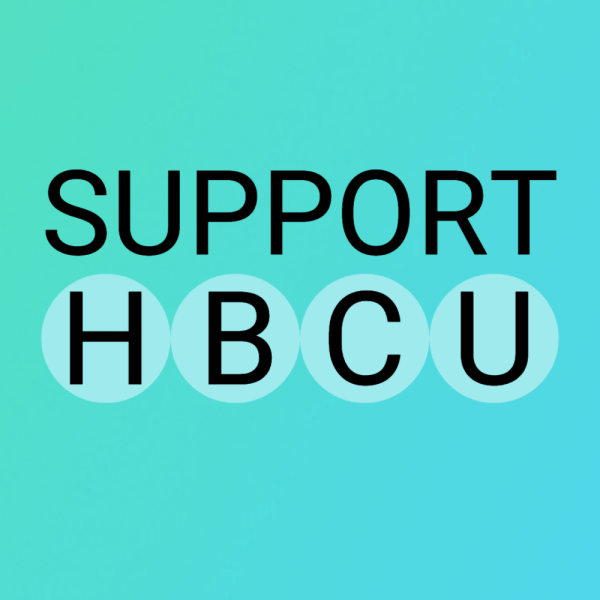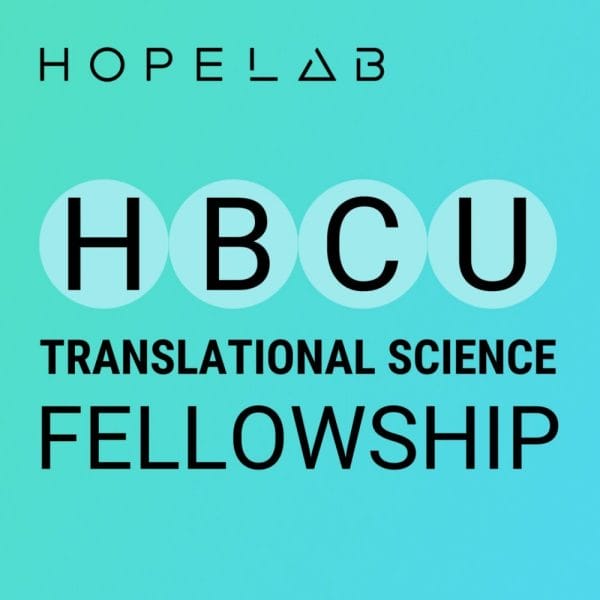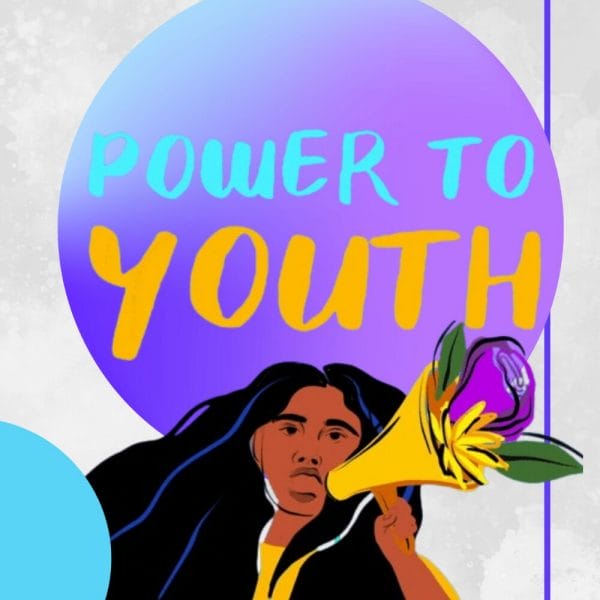The Effects of Prosocial and Self-Focused Behavior on Psychological Flourishing
Abstract
When it comes to the pursuit of happiness, popular culture encourages a focus on oneself. By contrast, substantial evidence suggests that what consistently makes people happy is focusing prosocially on others. In the current study, we contrasted the mood- and well-being-boosting effects of prosocial behavior (i.e., doing acts of kindness for others or for the world) and self-oriented behavior (i.e., doing acts of kindness for oneself) in a 6-week longitudinal experiment. Across a diverse sample of participants (N = 473), we found that the 2 types of prosocial behavior led to greater increases in psychological flourishing than did self-focused and neutral behavior. In addition, we provide evidence for mechanisms explaining the relative improvements in flourishing among those prompted to do acts of kindness-namely, increases in positive emotions and decreases in negative emotions. Those assigned to engage in self-focused behavior did not report improved psychological flourishing, positive emotions, or negative emotions relative to controls. The results of this study contribute to a growing literature supporting the benefits of prosocial behavior and challenge the popular perception that focusing on oneself is an optimal strategy to boost one’s mood. People striving for happiness may be tempted to treat themselves. Our results, however, suggest that they may be more successful if they opt to treat someone else instead.
Read more in the journal Emotion.





